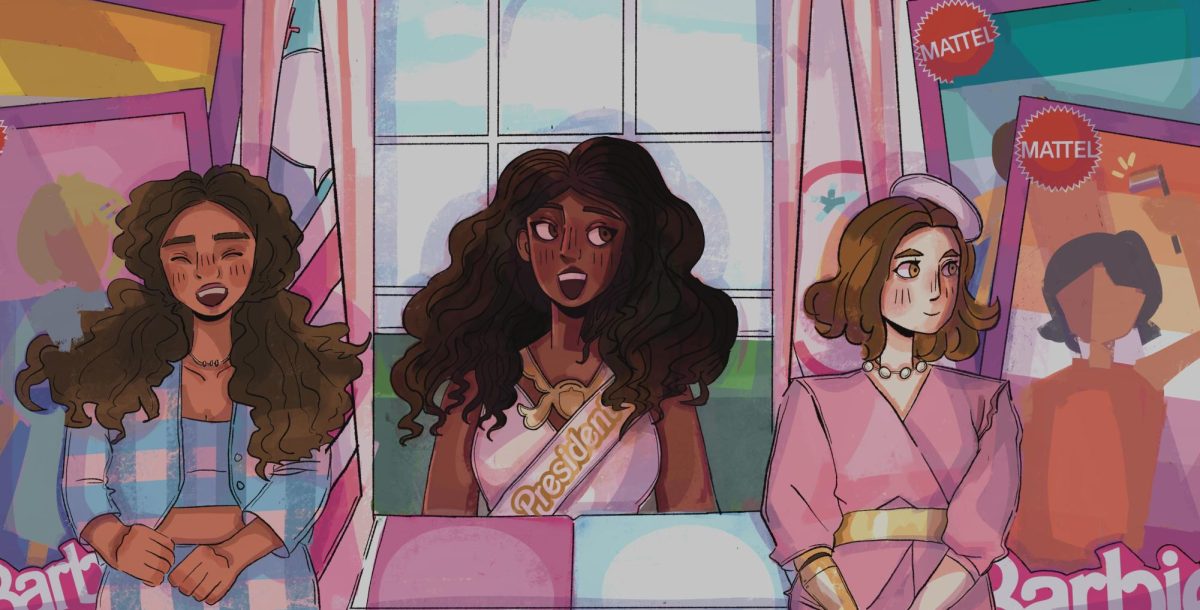Take my hands. Close your eyes. Now feel.
What was felt? As Margot Robbie’s Barbie closed her eyes—it was maybe a simultaneous melt of the women in the audience. For being centered around a toy, Greta Gerwig’s “Barbie” was heartwarmingly human. Especially uplifting was the nuanced stance the film took on feminism in a way that represented and celebrated all types of women.
As time progresses, some things have a way of becoming too extreme, and sometimes feminism can fall into that trap. While feminism by definition should uplift and advocate for the rights, opportunities and representation of all women, sometimes it can be taken too far.
Such is the case for recent films that have hit the news. As of late, Disney’s live action remake of “Snow White” has been criticized for its spin, taking the softhearted, romantic Snow White and turning her into a tenacious leader fighting for a position in power. While spokespeople deem this as a new “feminist” take on the outdated film, others find it appalling that in this “feminist” world, all women are expected to be fierce leaders and denounce a more soft, quiet, romantic role.
What “Barbie” does well is that all types of women are held in a positive light. Women like Stereotypical Barbie, who are stylish, pink and glittery are not looked down upon for being too “girly.” Girls like Sasha (Ariana Greenblatt), who are almost the opposite of Barbie, are equally as uplifted, portrayed as being cool, well-informed and opinionated. Even women like Gloria (America Ferrera) who are “normal”—just women who want a career or children—are important. Just as Gloria puts it, we should be celebrating even the normal barbies.
Each of these main women have their different struggles. Even the prettiest Barbie does not feel pretty enough. Even the best spoken feel unheard. And even those with the most conviction can feel the most deflated. All different types of women are all fighting their own battles. None are more or less valid than another, and all are seen with an equal gravitas.
The film, from this feminist perspective, was balanced in its portrayal of what is and what could be. The reality and the ideal. And this is perhaps what makes it innovative and thought-provoking.
When Barbie wakes up one day to start noticing her bad breath or her flat feet, it’s essentially representative of a real experience that many girls go through. After a young life of carefree days, a little girl will start realizing their insecurities. And once they notice them, they never go away. Thus was the case with Barbie, and such detail in the film parallels a real life experience and makes women feel seen and validated for their experiences.
But the film also shows what could be. As Barbies are awarded the Nobel Prize, they proudly announce: “I deserve it.” All the Barbies complement one another. They uplift each other. In a time where so many girls can feel like they are in competition with each other, this ideal world where all women are confident in themselves and supportive in others leaves the audience with glittering eyes. This is where it could get to.
Feminism has somehow become a complex topic, with opinions from all different types of people alike. But at the end of the day, it should be a celebration of everyone. “Barbie” is a success in its ability to showcase all women alike, and we should all strive to close our eyes and feel.




















































